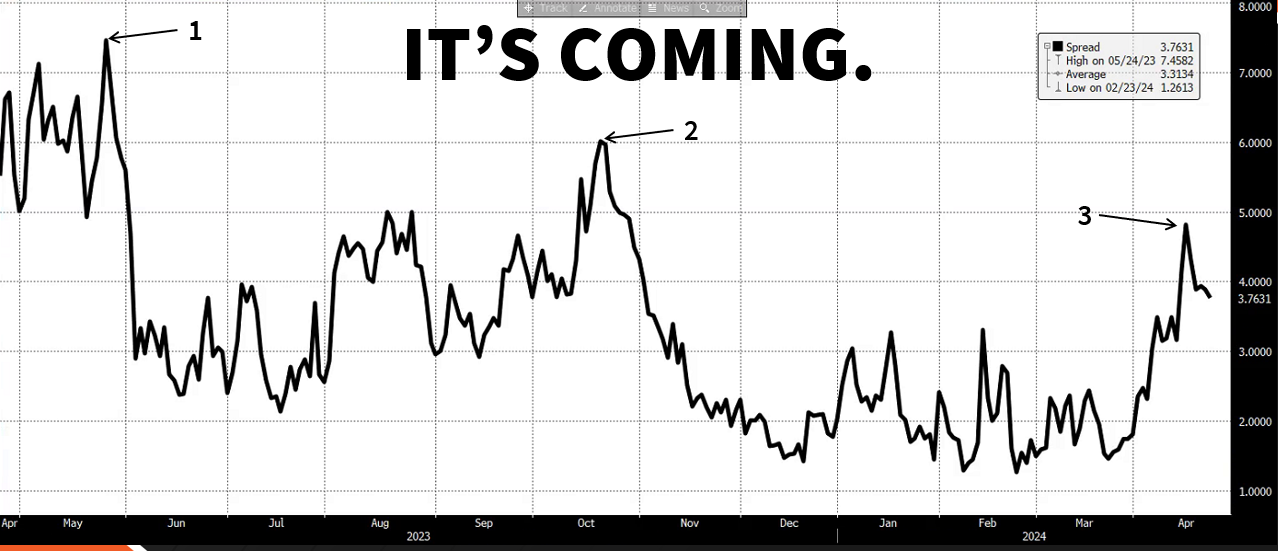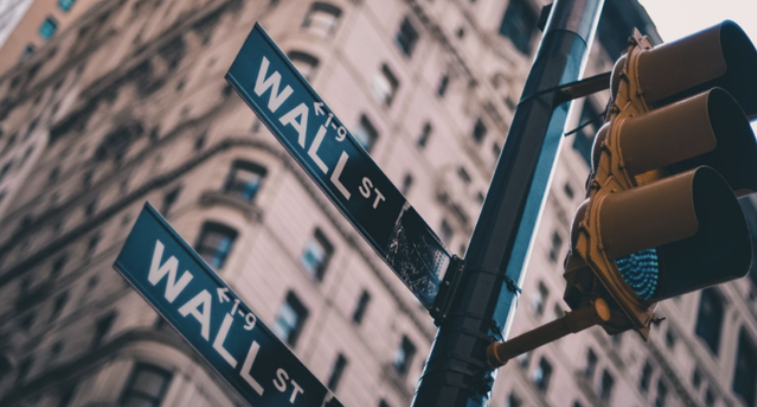American International Group and General Motors will rejoin the S&P 500 after the closing bell Thursday. This is a step in the right direction for AIG, which was removed from the index after taking a $152 Billion taxpayer-funded infusion from the government since the financial crisis in 2008 due to its issuance of credit-default swaps without adequate reserves for. This represents the most the government has ever invested on taxpayers’ behalf. The company has since repaid the government for its loan, and at least in the time being, things are good. Many portfolio managers and funds closely follow the S&P companies, and in order to do so must keep a portfolio relative to the companies and weight in each index. Since AIG is being introduced, there will be a demand from whoever wishes to follow the indexes.
The government, perhaps sore from the previous long bet, has just acknowledged this morning the power that the company carries. AIG was at the top of the list, which the government released this morning denoting non-banking institutions that are “systematically important,” or in simply put, too big to fail. This is the first step to tighten the regulation ropes around the insurance giant, however, the outlook still looks good.
The conglomerate’s stock has been on the rise, by about 45% since last November. It featured a near 5% pop after Q1 earnings of $2.2 billion and looks to its next report in early August. In the meantime, traders are buying June 45 calls on the offer for $0.96, in a bet that the stock will be above 45.96 at expiration. Since May 15th short interest in the stock has been reduced dramatically to under 6%, which is a sign that negative sentiment surrounding the stock is waning. Going forward a catalyst to stock appreciation is the announcement of a dividend. AIG ceased paying a dividend during 2008, but has since returned to profitability and could begin returning some cash to shareholders this year.
While AIG looks poised to continue its post-crisis uptrend, there is a risk of holding this stock into hurricane season. AIG is a major reinsurer and dropped 16% last year during Hurricane Sandy. However, AIG quickly recovered and has been on the rise ever since. This was in part due to their announcement of successfully absorbing billions of dollars from the damage of Hurricane Sandy and still posting operating profits that beat analyst expectations. In the event of a hurricane investors who own the stock may consider selling it and buying calls. A long call position has a fraction of the risk of long stock position to the downside, but can capture unlimited upside profits.
 Brian Stutland
Brian Stutland 
 Joe Tigay
Joe Tigay 

